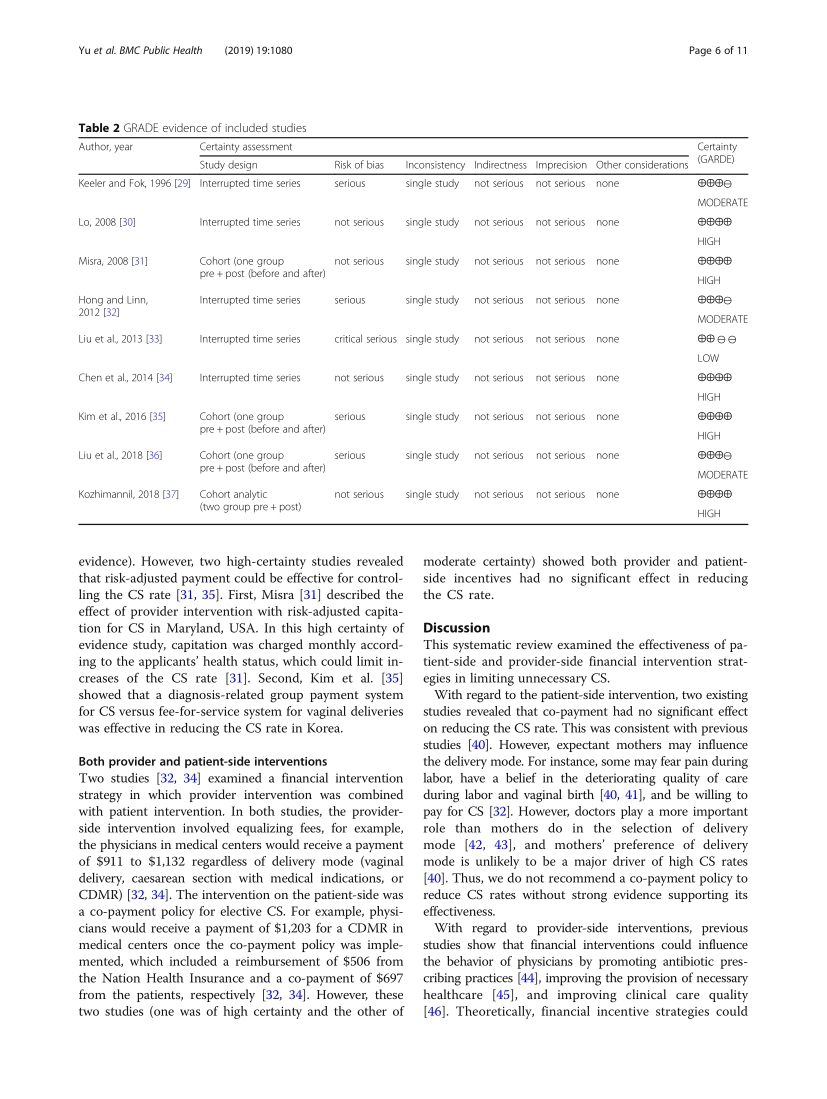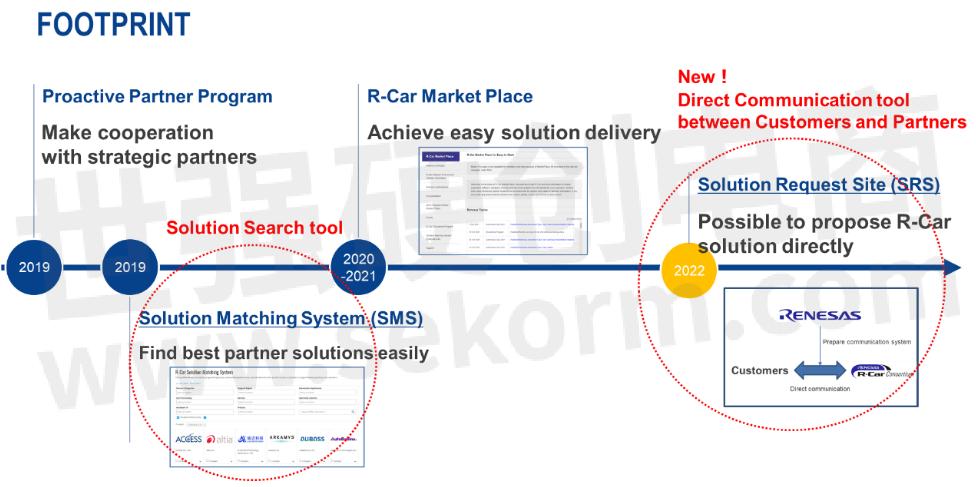Understanding How Car Loan Rates Are Affected by Your Credit Score: A Comprehensive Guide
#### Car Loan RateWhen considering a car loan, one of the most critical factors to understand is the car loan rate. This rate determines how much interest y……
#### Car Loan Rate
When considering a car loan, one of the most critical factors to understand is the car loan rate. This rate determines how much interest you will pay on your loan over time, significantly impacting the total cost of your vehicle. Car loan rates can vary widely based on several factors, including the lender, the type of vehicle, and most importantly, your credit score. Generally, borrowers with higher credit scores are offered lower interest rates, making it more affordable to finance a vehicle.
#### Credit Score
Your credit score is a numerical representation of your creditworthiness, based on your credit history. It typically ranges from 300 to 850, with higher scores indicating better credit health. Lenders use this score to assess the risk of lending money to you. A higher credit score can lead to more favorable loan terms, including lower car loan rates. Conversely, a lower credit score may result in higher interest rates or even denial of credit altogether.
#### How Car Loan Rate and Credit Score Interact

The relationship between car loan rates and credit scores is crucial for anyone looking to finance a vehicle. When you apply for a car loan, lenders will evaluate your credit score to determine the interest rate they will offer you. If your score falls within the "good" or "excellent" range (typically above 700), you are likely to receive a competitive rate, potentially saving you thousands over the life of the loan. On the other hand, if your score is considered "fair" or "poor" (below 650), lenders may charge you a significantly higher rate to offset the risk they perceive in lending to you.
#### Strategies to Improve Your Credit Score
If you're planning to apply for a car loan, it's wise to take steps to improve your credit score beforehand. Here are some effective strategies:
1. **Pay Your Bills on Time**: Late payments can negatively impact your credit score. Setting up automatic payments or reminders can help ensure you pay your bills on time.

2. **Reduce Your Debt-to-Income Ratio**: Lenders prefer borrowers who have a manageable level of debt. Paying down existing debts can improve your credit score and make you a more attractive candidate for a car loan.
3. **Check Your Credit Report**: Regularly reviewing your credit report can help you identify any errors or fraudulent activities that may be dragging down your score. Dispute any inaccuracies with the credit bureau.
4. **Limit New Credit Inquiries**: Each time you apply for a new line of credit, a hard inquiry is made on your credit report, which can temporarily lower your score. Limit these inquiries, especially before applying for a car loan.
5. **Consider Secured Credit Cards**: If you have a low credit score, using a secured credit card responsibly can help you build your credit over time.

#### Conclusion
Understanding the dynamics between car loan rates and credit scores is vital for anyone looking to finance a vehicle. By improving your credit score, you can secure a lower car loan rate, ultimately saving you money. Take proactive steps to manage your credit health, and you'll be better positioned to take advantage of favorable financing options when you're ready to purchase your next car. Always remember that a little preparation can go a long way in ensuring you get the best possible terms on your car loan.